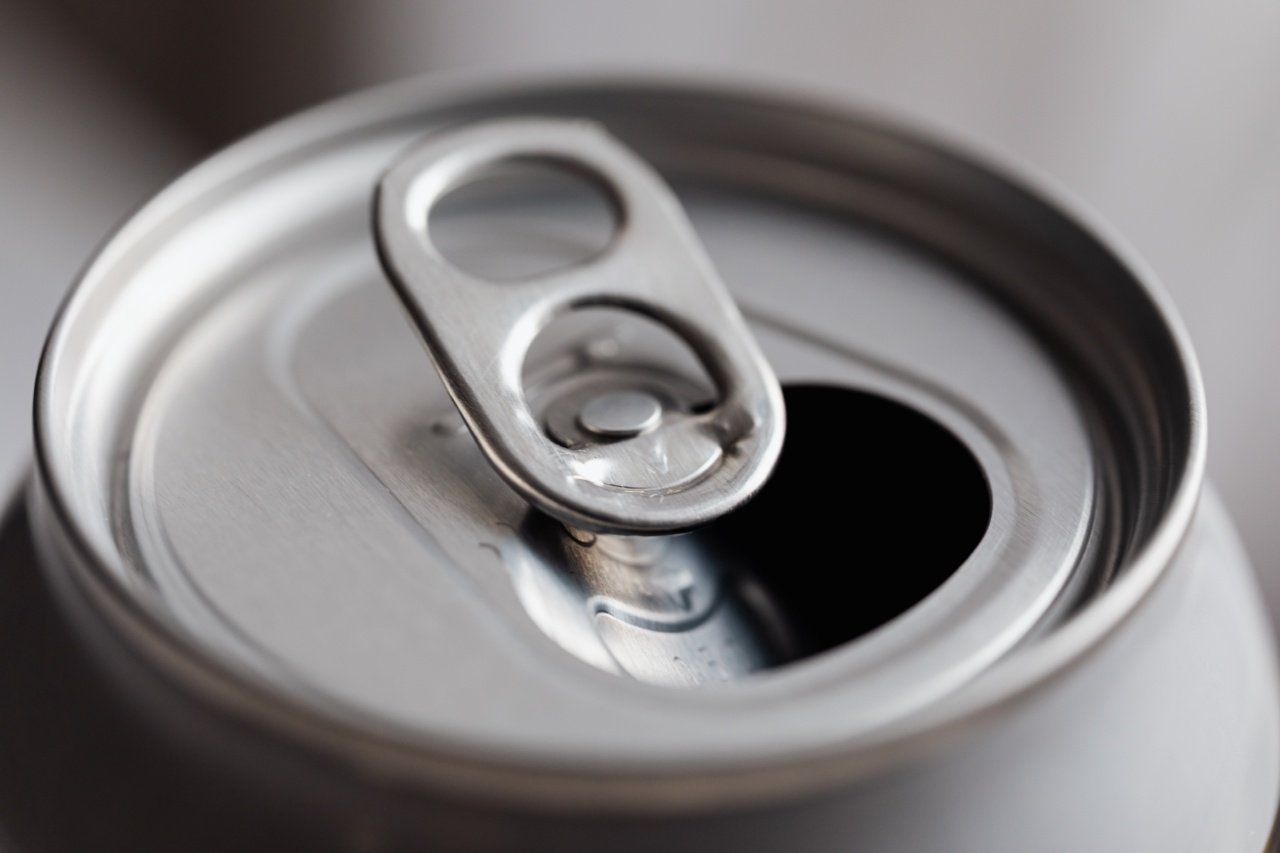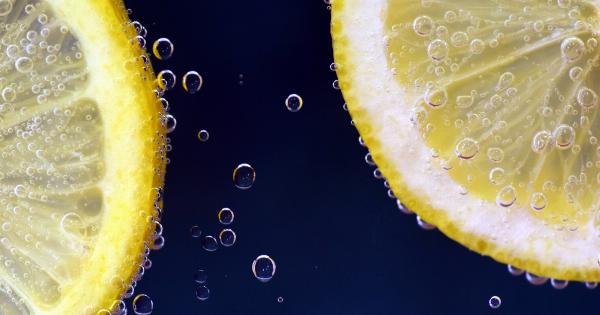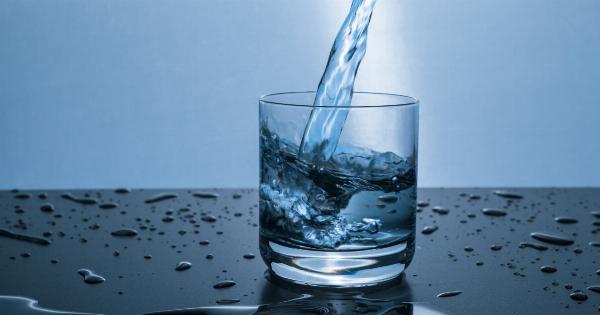When it comes to carbonated water, there are two main types: naturally carbonated water and crown carbonation. Both offer a fizzy and refreshing experience, but they differ in their production methods and overall quality.
In this article, we will explore the differences between these two types of carbonated water and determine which one comes out on top.
Naturally Carbonated Water
Naturally carbonated water, as the name suggests, is water that naturally contains carbonation. It is sourced from underground springs or wells that have high levels of dissolved carbon dioxide gas.
This carbon dioxide is naturally produced by geological activity and becomes trapped in the water, giving it its characteristic bubbles.
One of the key advantages of naturally carbonated water is its purity and mineral content. As it comes from natural sources, it often contains essential minerals like calcium, magnesium, and potassium.
These minerals not only enhance the taste but also offer health benefits. Natural carbonated water is also believed to aid in digestion and reduce symptoms of indigestion or heartburn due to its alkaline nature.
Another significant advantage of naturally carbonated water is the absence of additives or preservatives. It is free from any artificial sweeteners, flavors, or colors, making it a healthier choice compared to its counterparts.
The lack of additives ensures that you are drinking a purely natural and refreshing beverage.
Crown Carbonation
Crown carbonation, on the other hand, is the process of adding carbonation to still water using a carbonation machine or crown capper. It is a widely used method in industries that produce carbonated beverages on a large scale.
Crown carbonation allows manufacturers to control the amount of carbonation in the water, resulting in a consistent and predictable level of fizziness.
The primary advantage of crown carbonation is its convenience and affordability. It is a quick and efficient method that can be easily done in any manufacturing facility.
The ability to control carbonation levels also allows for customization, such as creating extra fizzy or lightly carbonated beverages, depending on consumer preferences.
However, one of the downsides of crown carbonation is the potential use of additives and preservatives. Some manufacturers may add artificial sweeteners, flavors, or colors to enhance the taste or appearance of the carbonated water.
While this may appeal to those who enjoy flavored beverages, it can be a drawback for those seeking a pure and natural drinking experience.
Taste and Fizziness
When it comes to taste and fizziness, naturally carbonated water has a distinct advantage over crown carbonation. The natural carbonation process gives the water a unique and refreshing flavor that cannot be replicated artificially.
It offers a smooth and crisp taste, and the bubbles are often finer and more delicate.
In contrast, crown carbonation may result in larger and coarser bubbles, which can give the water a harsher texture and less refined taste.
This is due to the method of carbonation, where carbon dioxide is forcefully injected into the water, resulting in bigger bubbles. While some may prefer this bolder fizziness, others may find it overpowering or less enjoyable.
Sustainability and Environmental Impact
When considering the sustainability and environmental impact of carbonated water, naturally carbonated water has a clear advantage.
It is sourced from natural springs or wells and requires minimal processing, reducing the carbon footprint associated with manufacturing and transportation.
On the other hand, crown carbonation relies on manufacturing facilities and the use of carbonation machines, which consume energy and produce carbon emissions.
Additionally, the manufacturing process often involves plastic packaging, which contributes to the growing issue of plastic waste. While efforts are being made to reduce these environmental impacts, naturally carbonated water remains a more sustainable choice.
Conclusion: Naturally Carbonated Water Takes the Crown
When it comes to the battle between naturally carbonated water and crown carbonation, it is clear that naturally carbonated water takes the crown. With its purity, mineral content, and distinctive taste, it offers a superior drinking experience.
The absence of additives and preservatives make it a healthier choice, and its sustainability makes it an environmentally friendly option.
While crown carbonation may have its convenience and customization advantages, it falls short in terms of taste, fizziness, and overall quality. For those looking for a natural and refreshing beverage, naturally carbonated water is the clear winner.


























